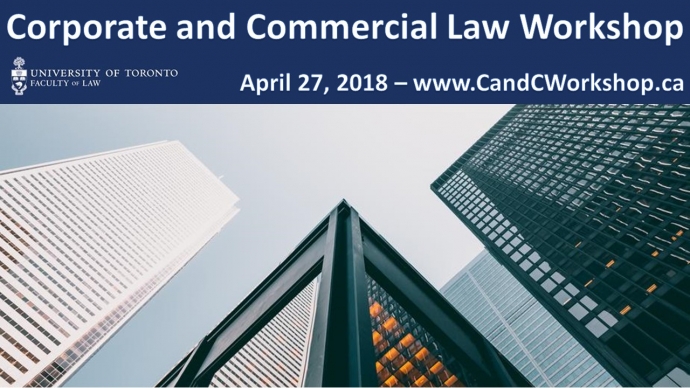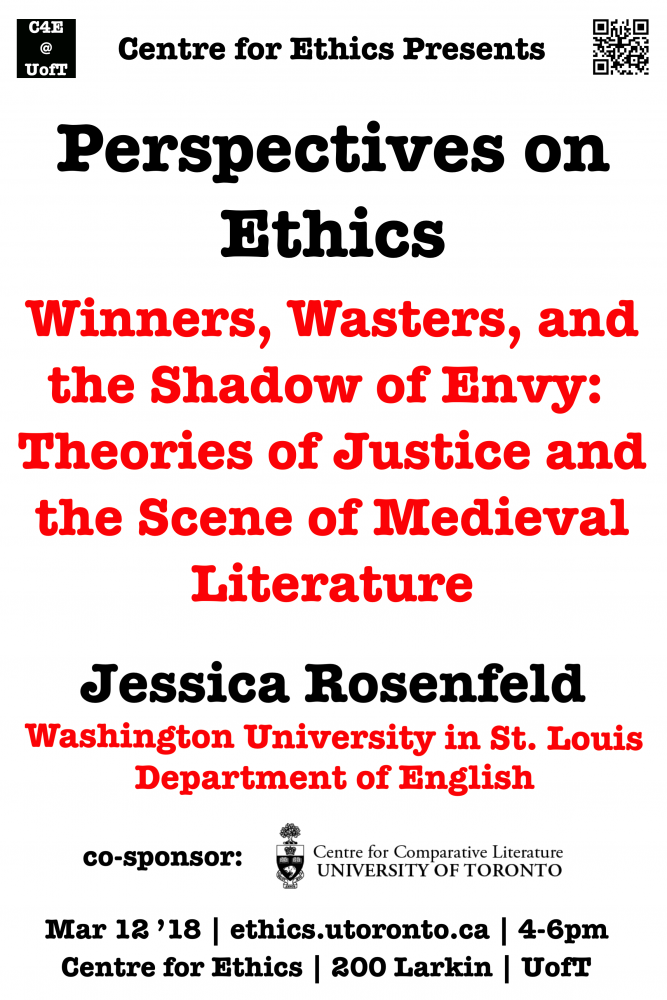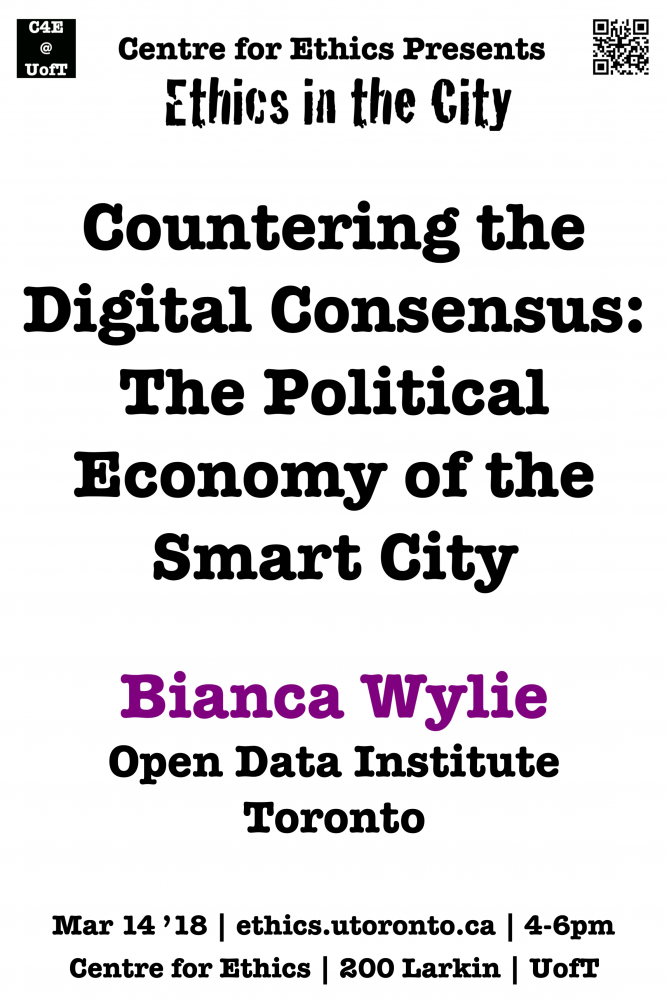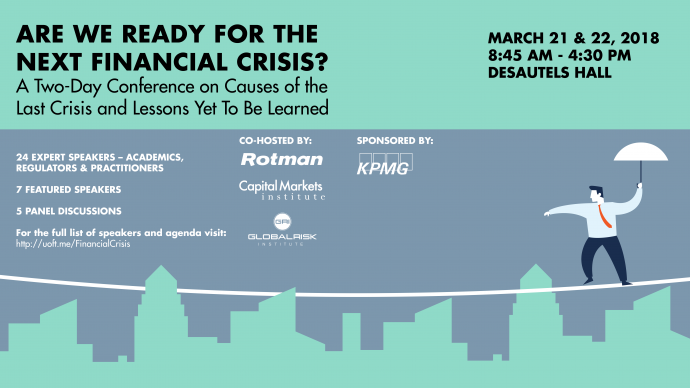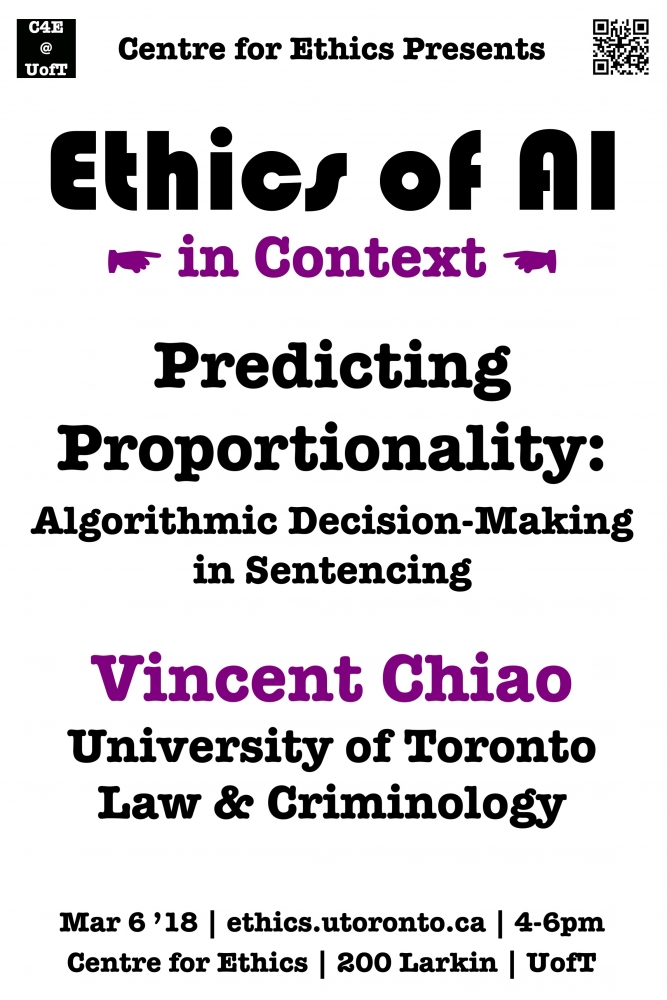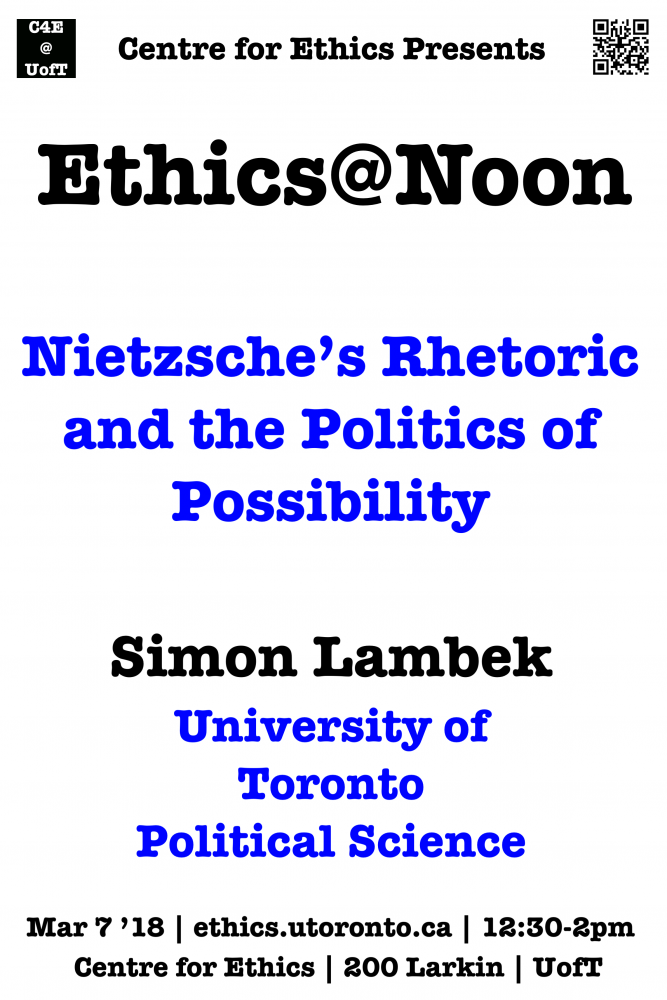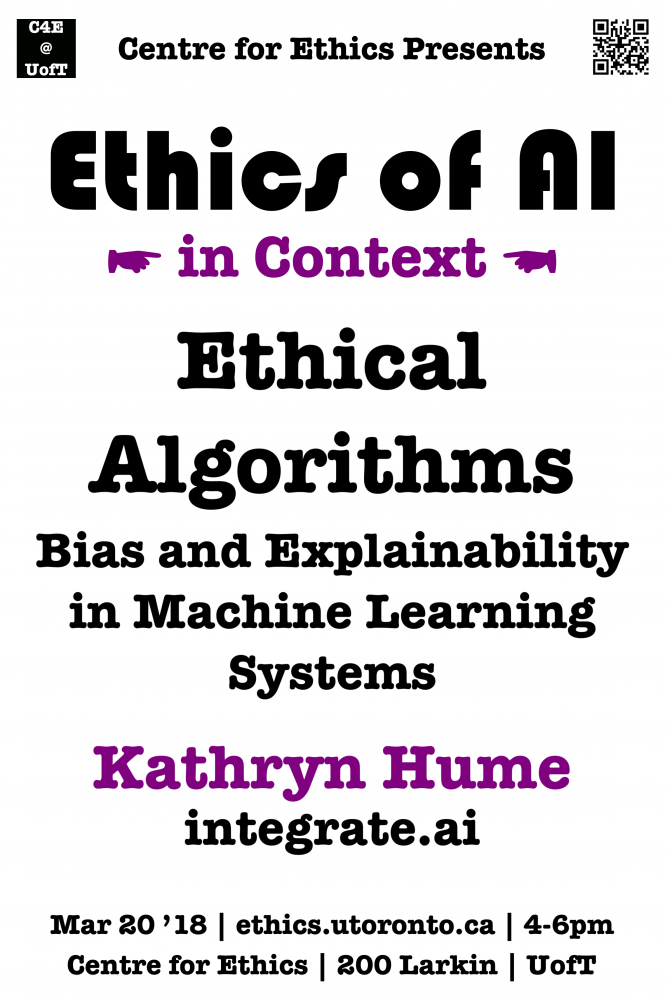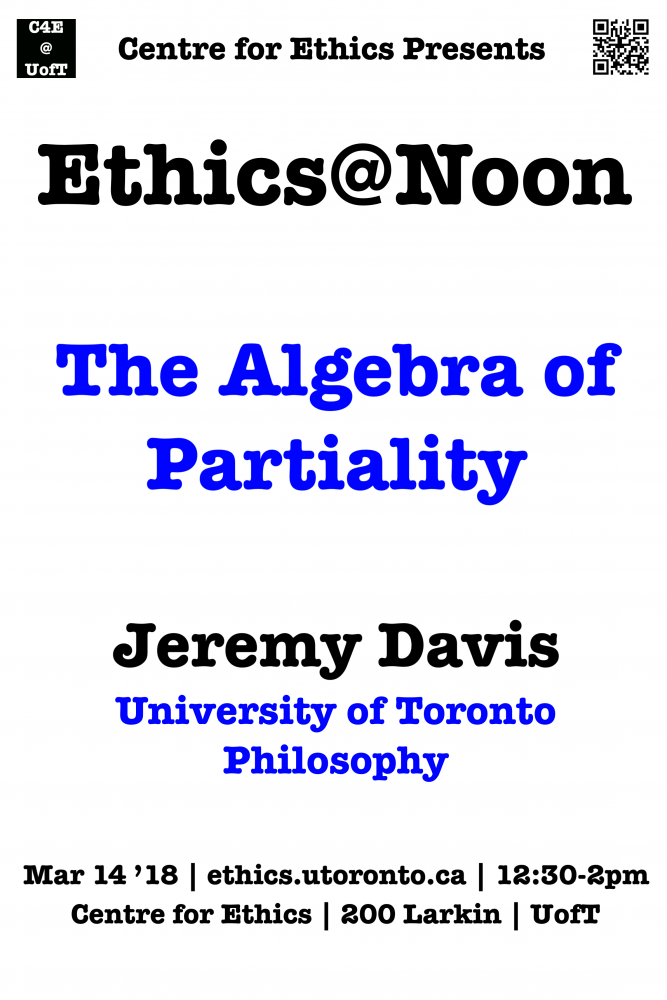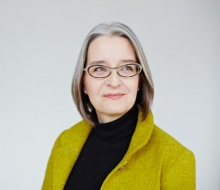Faculty of Law Health Law, Ethics & Policy Seminar Series
presents
Access to Sexual and Reproductive Health Care for
Canada’s Indigenous Women
Erin Nelson
Professor
Faculty of Law, University of Alberta
Commentator: Suzanne Stewart
Director, Waakebiness-Bryce Institute for Indigenous Health
University of Toronto
Thursday, March 8, 2018
12:30 - 2:00
Solarium (room FA2), Falconer Hall
84 Queen's Park
Canadian health statistics paint a discouraging picture when it comes to the health status of Indigenous Canadians. In part, the relatively poorer health status of Indigenous Canadians results from determinants of health, including poverty, racism and colonization. It also results, in part, from differing levels of access to health care services.
Erin Nelson will focus in this paper on Canada’s Indigenous women, and the barriers they face in seeking access to sexual and reproductive health care. Access issues result from multiple factors, including geography and population density, and distrust in the system due to Canada’s colonial history and a lack of culturally safe care. Improving access to sexual and reproductive health care for Canada’s Indigenous women will take concerted and cooperative efforts from all levels of government, Indigenous communities and health-care professional organizations.
Professor Erin Nelson joined the Faculty of Law at the University of Alberta in 2000. She teaches Tort Law, Health Care Ethics and the Law, and Law & Medicine. She is a Fellow of the Health Law Institute, and has served as Associate Dean (Research) in the Faculty (2009-11). Professor Nelson’s research interests include: the interface of health care law and ethics, women's health, issues in reproductive health, and feminist legal theory. She has published articles and book chapters on numerous health law related topics, including consent, the regulation of health care practitioners, intervention in pregnancy, pediatric genetics and the tort law duties of pregnant women. Her book, Law, Policy and Reproductive Autonomy (Hart, 2013), explores theoretical and practical issues in reproductive decision-making.
A light lunch will be provided
We will start promptly at 12.30 so in order to take your lunch, please come on time
For more information about this workshop, please contact Nadia Gulezko at n.gulezko@utoronto.ca



